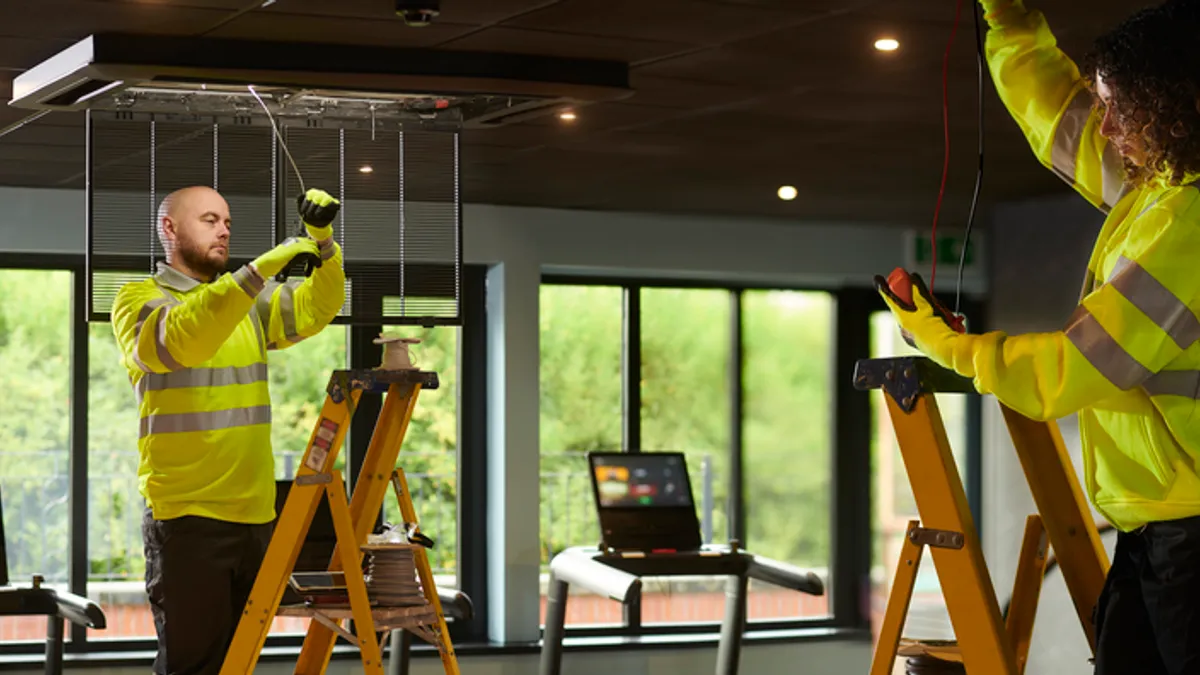Dive Brief:
- While nearly two-thirds of U.S. employers have implemented a formal policy requiring employees to work in-office a minimum number of days per week, half said they have no rules regarding which days workers choose, according to a press release published Thursday by WTW.
- Employers said they wanted workers on site mainly for social reasons, saying they believe face-to-face interactions boost engagement within teams, strengthen corporate culture and increase collective productivity by promoting interaction within teams.
- “As employers strive to balance corporate and workforce needs regarding engagement and productivity by encouraging employees to return to the office, a lack of clear structure around designated office days will hinder progress towards improved team collaboration,” Russ Wakelin, WTW senior director of Rewards Data, Intelligence, said.
Dive Insight:
“While employers push for a greater office presence, there is still some work to be done to achieve a healthy balance,” WTW said in its release. The consulting firm pointed out the negatives that can come from cutting out remote work, including the potential for a drop in engagement due to poorer work-life balance and — crucially for HR professionals — a hit to both recruiting and retention.
WTW found that workers on the whole still prefer remote work; 53% of employees whose work can be done remotely said they would try to change jobs within 12 months if forced to be in the office full time. Employers’ awareness of the unpopularity of in-office work may explain the attempts to allow workers to choose which days they come in. WTW noted employers are also taking a “gentler approach” by improving office facilities, such as gyms and dining areas, in an effort to appeal to workers.
But while employees have said they appreciate flexibility, past studies of the burgeoning hybrid work space have found that coordination among team members is crucial to keep workers engaged. A 2023 Hackett Group study, for example, found that giving workers choice while also emphasizing manager-employee negotiated arrangements improved engagement, productivity and retention.
Additionally, while workers have repeatedly said they value the office for socialization and collaboration, the set-up matters in promoting these factors. Attractive and intentional office design, including separate “focus” rooms and collaborative meeting spaces, can help, experts have said.














